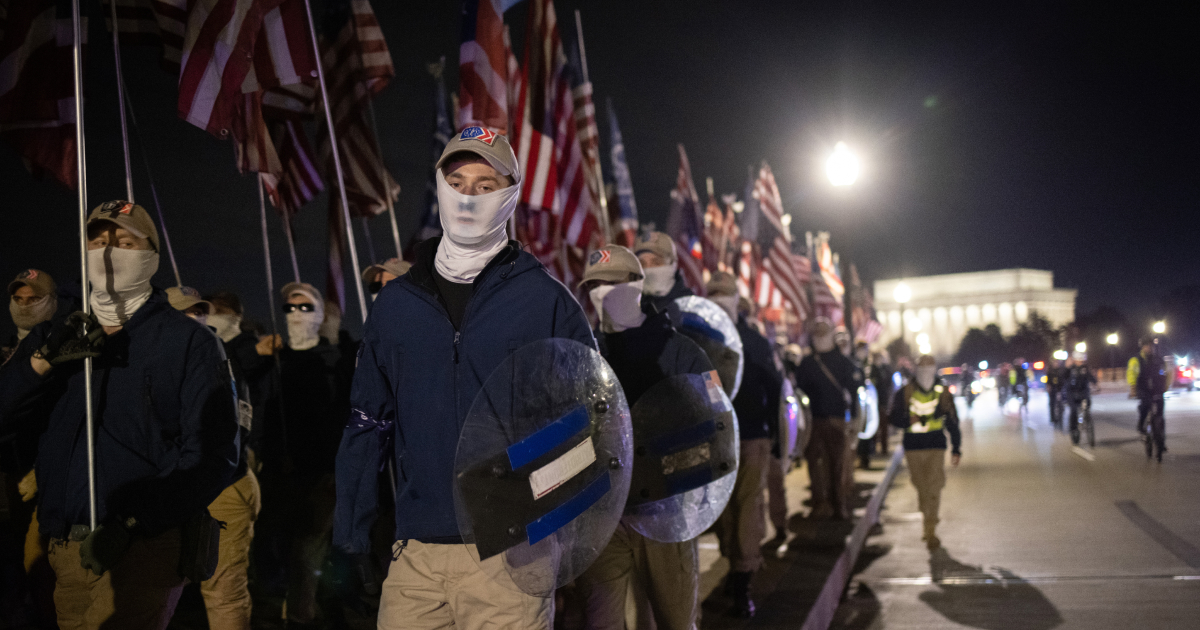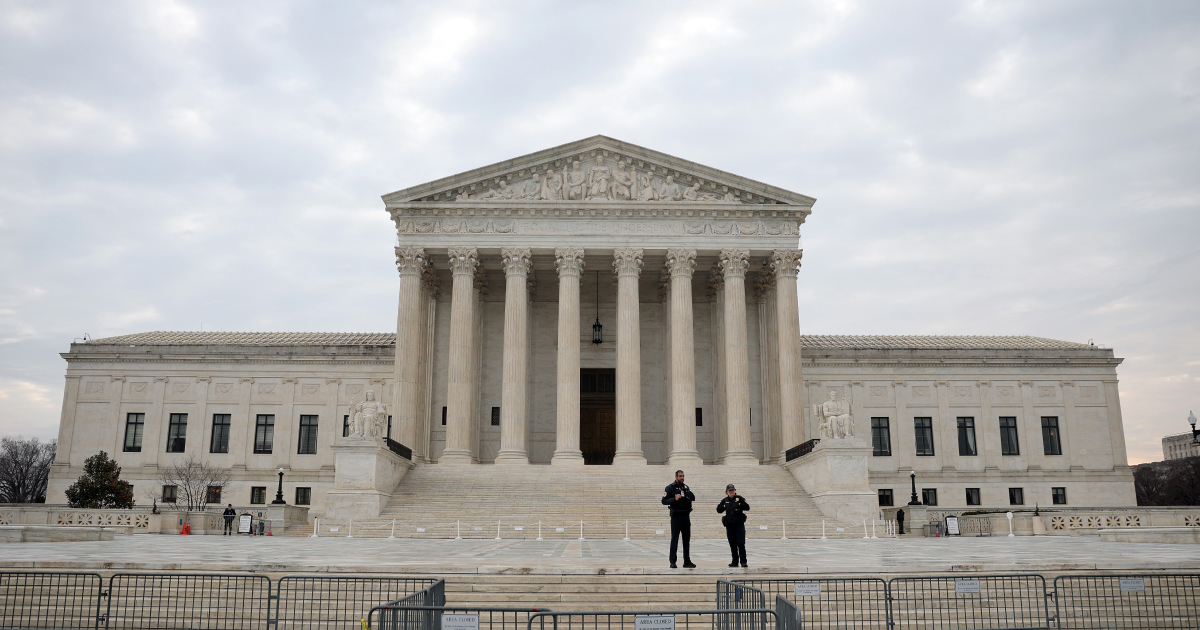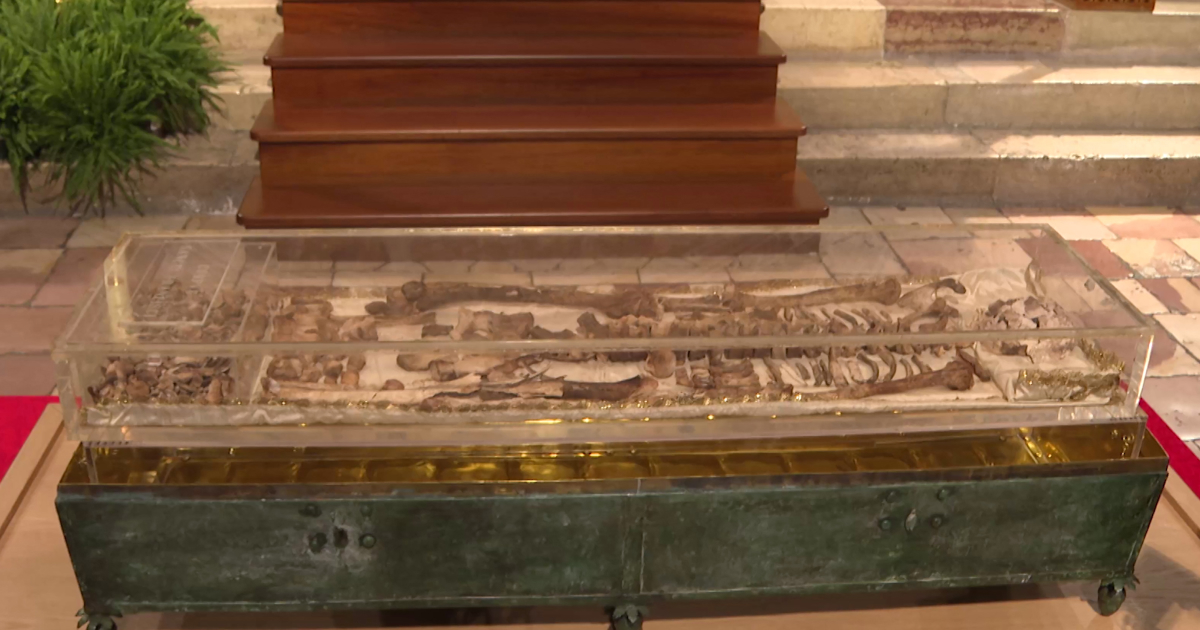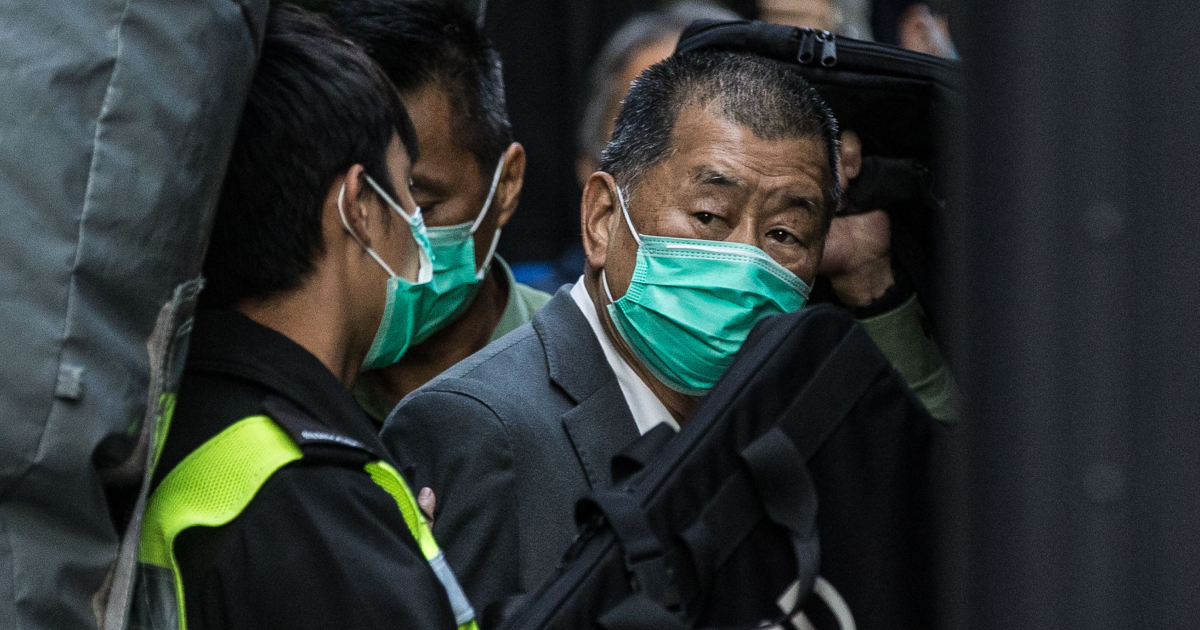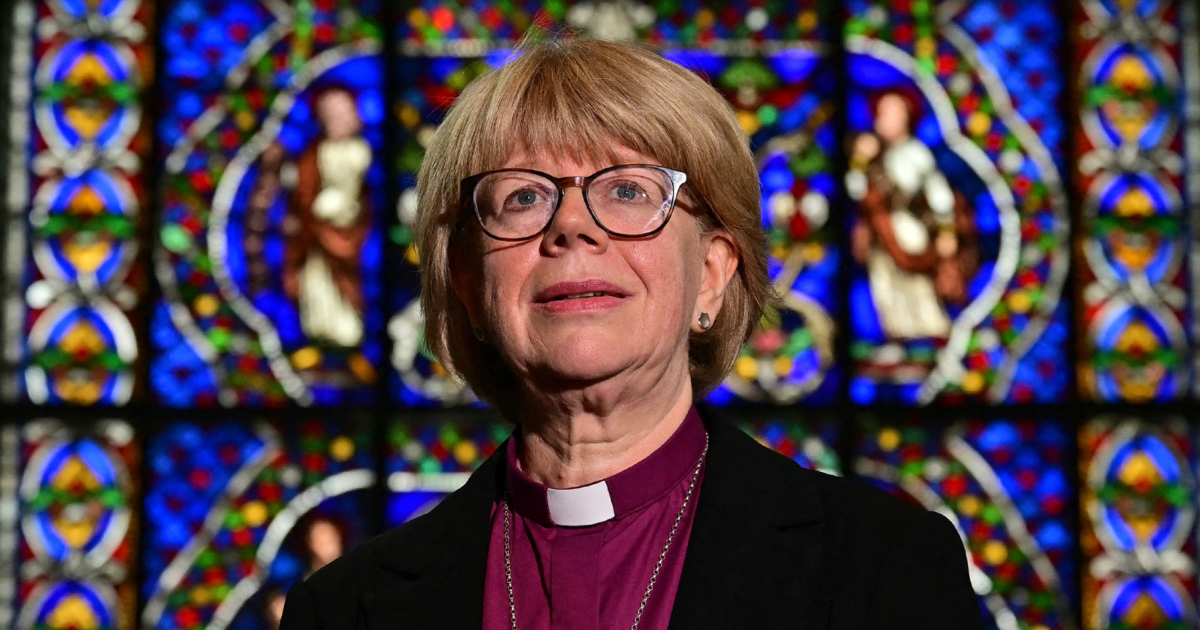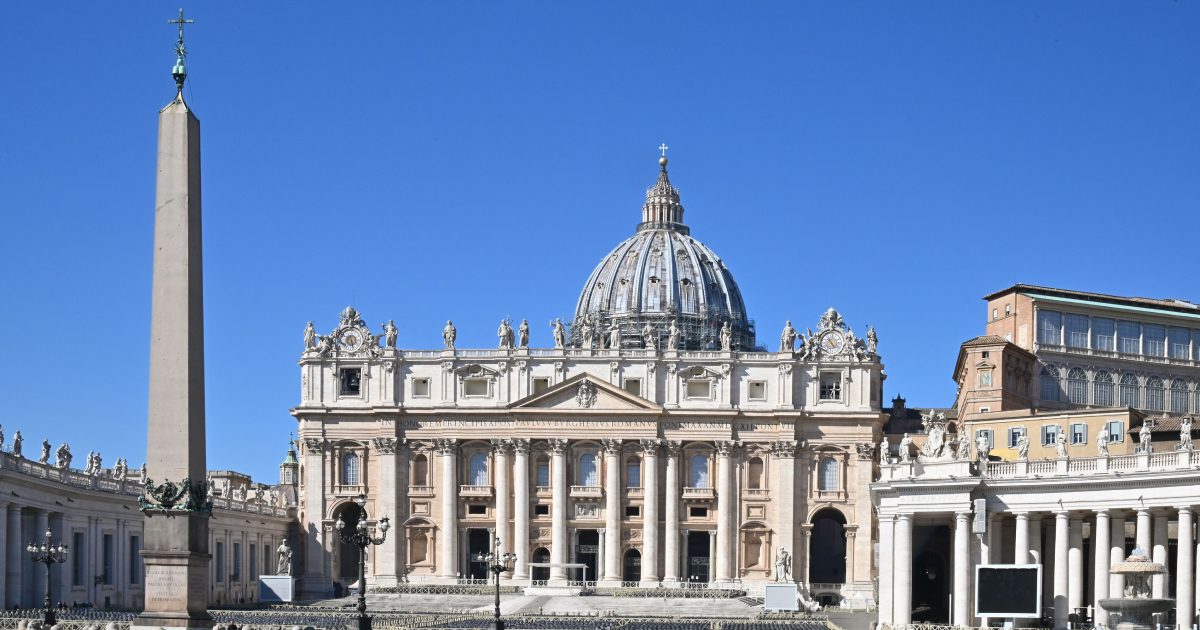Two Spanish priests and a journalist who faced the prospect of prison for criticising radical Islam have been acquitted by a provincial court, bringing to an end an eight-year legal battle that tested the limits of free expression in religious debate.
The Provincial Court of Málaga cleared Father Custodio Ballester, Father Jesús Calvo, and journalist Armando Robles of hate crime charges arising from a 2017 television broadcast in which they made comments critical of radical Islam.
Prosecutors had sought prison sentences of up to three years for the priests and four years for Robles, along with fines and a teaching ban.
In its ruling, the court found that while the remarks were “clearly offensive” and “unfortunate”, they did not meet the legal threshold for hate crimes under Spanish law. “Not only is there speech protected by freedom of expression,” the judges said, “but we could even accept that there is intolerant speech that also exists within the scope of freedom of expression, even though it may be offensive.” The court concluded that the statements lacked “a clear and manifest promotion of hatred toward one of the groups protected” under hate crime statutes.
Father Ballester was accused after publishing an article titled The Impossible Dialogue with Islam, written in response to a pastoral letter by Cardinal Juan José Omella urging The Necessary Dialogue with Islam.
The Association of Muslims Against Islamophobia lodged a formal complaint in 2017, prompting a lengthy investigation and trial process that was delayed several times before opening this month.
The court acknowledged that the priests’ comments, while “Manichean” and shaped by “intransigent religious or ideological stereotypes”, were still protected expressions of opinion. In Father Calvo’s case, the court even described parts of his remarks as “delirious”, attributing them to “psychological ailments suffered by the accused.”
Supporters of the defendants hailed the verdict as a defence of free expression at a time when religious commentary increasingly faces legal scrutiny.
The decision, reported by El Debate, reaffirmed that in a democratic society “no matter how despicable and perverse the message or its author may be”, criminality cannot be inferred without proof of intent to incite hatred or violence.
Andalusia, the region in which Málaga is situated, has the second largest number of Muslims of all the regions of Spain, with around 400,000, standing at about 4 per cent — double the national average. Andalusia has historic ties with the Muslim faith, having been under the rule of the Moors for more than 700 years. The city was eventually recaptured by the Catholic Monarchs, Ferdinand and Isabella, in 1487 during the final phase of the Reconquista, the centuries-long campaign by Christian kingdoms to reclaim Iberia from Muslim rule.
Almost all the cathedrals in the region were either built on the site of a former mosque or were themselves repurposed from mosques. In Málaga, the mosque was consecrated as a Christian church almost immediately after the Catholic Monarchs reclaimed the city. Córdoba Cathedral is perhaps the most famous example of the transition between the two, where parts of the original artwork and decoration of the former mosque can still be seen.
The case of the two priests and the journalist has been followed closely in Spain, where questions over the scope of hate speech laws and the role of religion in public debate remain contentious. The ruling offers reassurance to clergy and commentators who fear prosecution for discussing controversial issues linked to faith and ideology.
Related: Searching for Jesus 'El Cautivo' in the streets of Málaga
Related: The murder of an American priest and cultural shifts in Spain
(Photo by JORGE GUERRERO/AFP via Getty Images)





.jpg)


